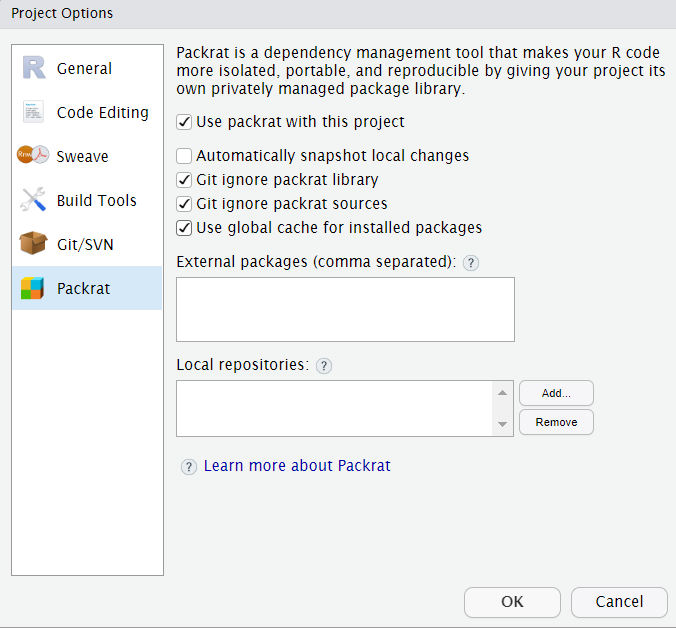

In the event of a failure of the first-attempt at any Point of Entrustment Examination, a thorough review of the student’s performance in the program will occur (e.g., didactic courses, clinical experience evaluations, professionalism evaluations, performance according to competencies). Is it associated with PAS 5272 Capstone (refer to course syllabus for specifics)

Program Completion: Ensures students have met requirements to graduate Ī) Occurs within the last four (4) months of the program and is a component of the program’s summative, comprehensive examination.Core specialty-specific competency testing: Ensures learner has met requirements in required clinical disciplines and is based on common presentations encountered in primary care (preventive care, acute and chronic care, women’s health, behavioral/mental health, emergent situations, and general procedures).Ī) Occurs May of the 2nd year and is associated with PAS 5263 Supervised Clinical Practices Experiences III (refer to course syllabus for specifics).Entering Clinical Rotations: Ensures minimal knowledge, skills, attitudes necessary to enter supervised clinical experiences Ī) Occurs in May of the 1st year and is associated with PAS 5150 Introduction to Supervised Clinical Experiences (SCPE) (refer to course syllabus for specifics).These assessments are completed at the Healthcare Simulation Center on the RVU campus: Points of Entrustment Clinical Assessments 1-3 (POE 1, 2, or 3): there are three points of entrustment to ensure learner progression to competence. There are three dispersed throughout each didactic semester. These assessments will consist of test items from each course. Integrated Assignments: short-answer essay-style assessments based on a clinical case scenario. These examinations will consist of test items from each course, unless otherwise indicated in the course syllabi. The average time taken for exam completion is close to the recommended 225 minutes that is suggested by Physician Assistant Education Association PACKRAT exam developers.All assessments are associated with an individual course and include, in addition to individual course assignments, the following:īlock Examinations: multiple choice exams typically held every other Friday as part of each course within the didactic semesters. The Physician Assistant Clinical Knowledge Rating and Assessment Tool can be confidently used and compared to national scores whether a program administers the exam proctored or without a proctor. When comparing test-taker scores between proctored and unproctored exams, the mean scores were 145.02 and 144.77, respectively, with no significant difference. The 83,271 student test-taker exam data were analyzed, and time ranged from 180 to 360 minutes with a mean of 226.5 minutes. An independent samples t-test was used to determine if there was a difference in test-taker scores between proctored and unproctored exams. Descriptive statistics and frequency counts were used to summarize the data. Deidentified PACKRAT scores, exam length in minutes, and proctored or unproctored status, along with time extensions were analyzed from 2013 to 2018. The purpose of this study was to review PACKRAT test-taker scores over the past 5 years and analyze the variations in test administration. When the PACKRAT exam was initially developed, its goal was to help students determine what level of knowledge they currently possessed and what they had to learn prior to graduation. The Physician Assistant Clinical Knowledge Rating and Assessment Tool (PACKRAT) was developed to be an objective, comprehensive self-assessment tool for students.


 0 kommentar(er)
0 kommentar(er)
